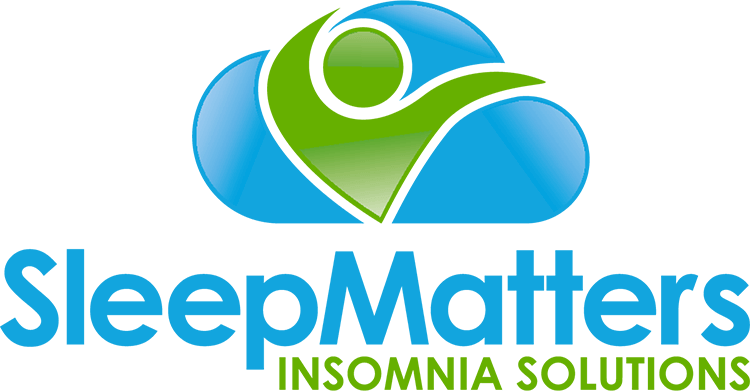New research shows great promise in treating people with insomnia and depression, and may ignite new excitement for an inexpensive therapy for these and other conditions.
Previously, researchers and doctors believed that depression caused insomnia. Indeed, poor sleep is a diagnostic symptom of depression with about 90% of people with depression experiencing disturbed sleep. Insomnia was considered ‘secondary’ to the low mood and it was assumed that if the depression was treated that the insomnia would improve too. This does happen in some cases. Not all cases though. More recent research research has found that poor sleep often predates the depression and can be seen as a warning sign for low mood. Might it be that the poor sleep is a factor in causing the low mood? Many of our clients would nod their heads to this. They describe that chronic sleeplessness has a huge impact on mood, anxiety and overall wellbeing.
The belief that insomnia is a mere symptom of depression means that the insomnia doesn’t get treated in its own right. We know, however, that insomnia often lingers even after depression has been treated, and that the lingering poor sleep can act as a risk factor for depression down the track.
We now understand that the relationship between mood and insomnia is not one-way but bi-directional, chicken and egg. So for a person suffering with both depression and insomnia, would it not make sense to treat both conditions rather than just focussing on the depression?
Luckily some great research has come out that looks at this issue.
Some really interesting research in the USA has explored the relationships between depression, insomnia, and their treatment.
In one study, a group of 107 participants who suffered with both insomnia and depression received one of three treatments: CBT-Insomnia; antidepressant medication, or CBT-Insomnia plus antidepressant medication. CBT, or Cognitive Behaviour Therapy is a behavioural/psychological treatment and is the recommended first line treatment for insomnia.
The CBT treatment lead to improvements in sleep, both assessed by self report sleep logs and objective sleep recordings. The antidepressant treatment showed mixed results on sleep. Interestingly, the CBT-Insomnia group produced the same positive effect on mood as the antidepressant treatment. This suggests that CBT-I, a treatment focussed on improving sleep, has antidepressant properties.
Another study investigated treatments for people suffering insomnia and depression, and published a with 3 year follow-up. This study also found that the depression responded as well to CBT-Insomnia as it did to antidepressant medication at 3 years after the treatment. CBT-Insomnia, however, produced more benefit overall when sleep and mood symptoms were considered.
A third study found that CBT-Insomnia enhanced response to antidepressants in a group of participants with insomnia and depression. Adding 4 sessions of CBT-Insomnia to antidepressant treatment brought about greater improvements in both mood and sleep.
The research thus far has been very consistent in suggesting that a small number of CBT-Insomnia sessions can bring about really positive results for people with both depression and poor sleep.
Sleep Matters is a team of health professionals in Subiaco and now O’Connor, with specific training and experience in helping people with Insomnia.
Blog overview